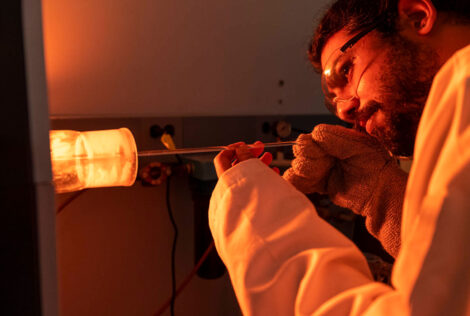
Graduate Co-op
Master’s and PhD students may complete 4 to 12 months of co-op experience in various types of organizations, including corporations, non-profit organizations, government agencies, startups and research institutions.
Want to help guide Industry 4.0 into the future? This Master’s program is the only one of its kind in Canada that delivers specialized training in digital manufacturing, automotive, automation, and smart, connected systems.
This program will position you for a career in developing and managing cyber-physical systems that leverage software, hardware and real-time data to make businesses more efficient and our everyday lives easier.
Recommended 16 months full-time (minimum 12 months and maximum 24 months) or 40 months part-time (domestic only).
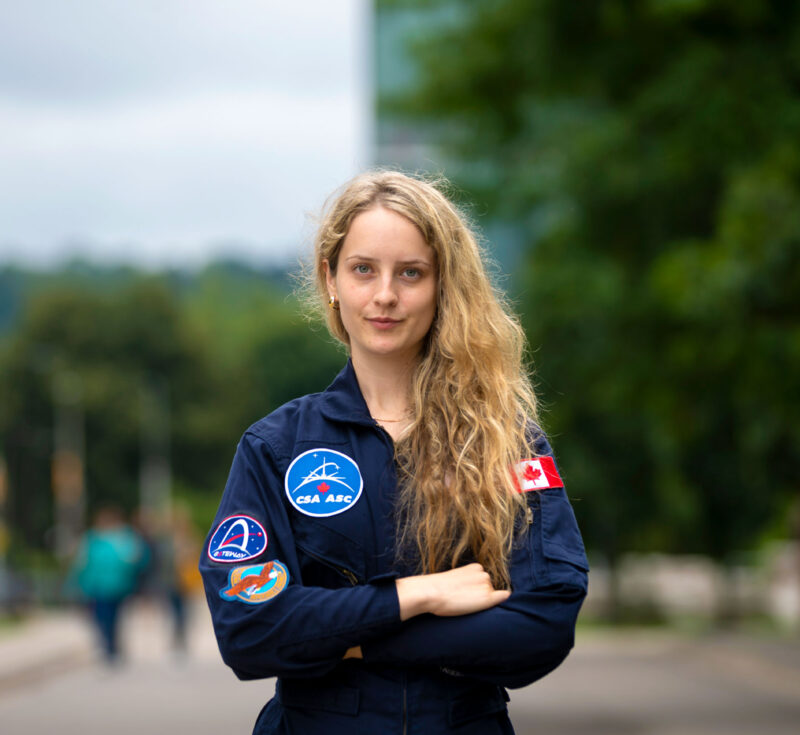
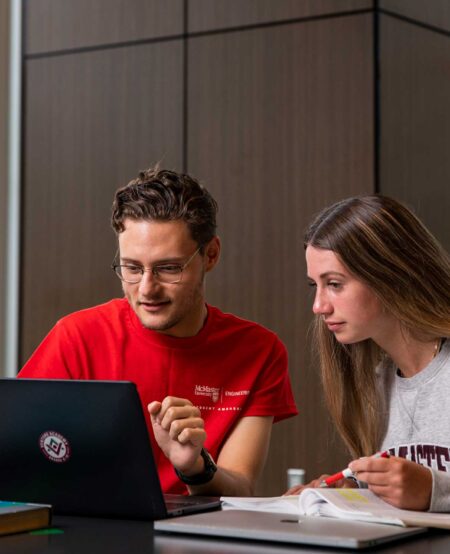
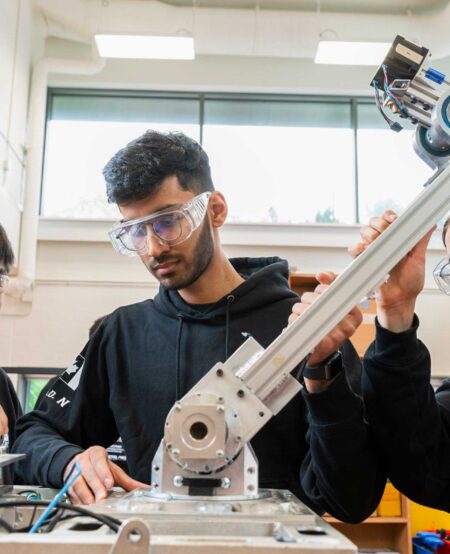
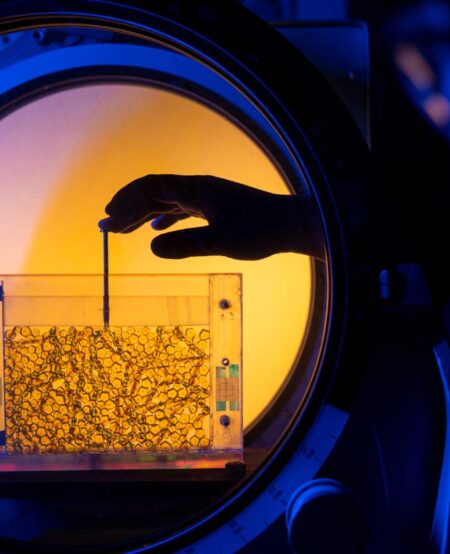
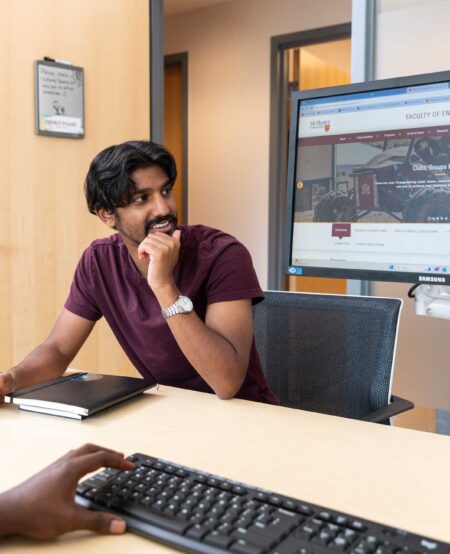
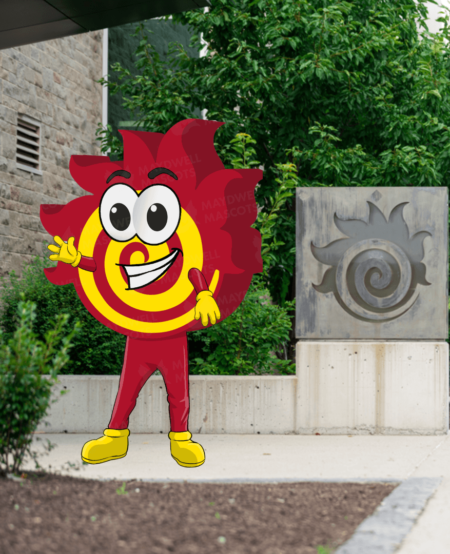
Co-op is an optional component of the Master of Engineering Systems and Technology program.
McMaster established its graduate student co-op program in 2017, seeing it grow rapidly. Employers are quickly embracing it as a mechanism for recruiting talent and expertise.
There are several steps you must complete before you begin applying to co-op positions. Firstly, ensure you enrol in the Graduate Co-op Prep Course ENG 701 in September. You will also need approval from your program chairperson before accepting a co-op placement. Speak with the Centre for Career Growth and Experience (the Centre) if you have any questions.

Master’s and PhD students may complete 4 to 12 months of co-op experience in various types of organizations, including corporations, non-profit organizations, government agencies, startups and research institutions.
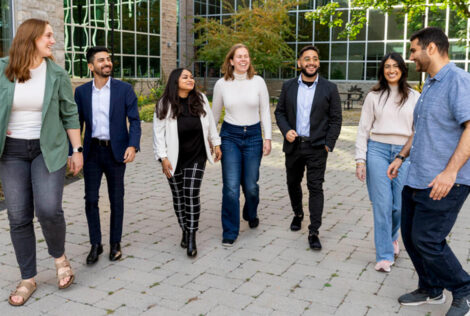
The EGS actively supports engineering graduate students through events, workshops, bursaries, and collaboration with various campus organizations, focusing on representation, community building, and academic and professional development.

Hamilton, also known as The Hammer or Steeltown, is a thriving city close to the U.S. border and Toronto, with easy access for students commuting from the Greater Toronto Area via the on-campus GO Bus Terminal.
Understand every step, from applying, to accepting your offer and joining us on campus!
Thank you for your interest in our Graduate Studies. Please fill out the form below, and we will connect with you to answer all of your questions.
